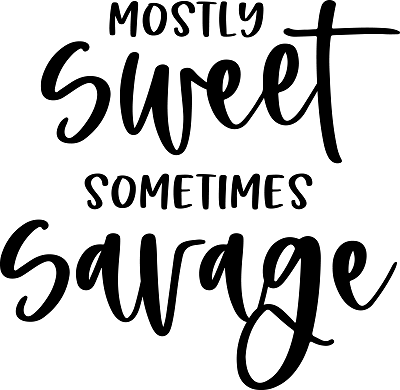 To pinpoint one specific cause of social anxiety is like trying to find a needle in a haystack. Social anxiety disorder has only been a viable mental health diagnosis since the 80s according to the Diagnostic Statistics Manual (DSM). The criteria have changed minimally since its inception as well.
To pinpoint one specific cause of social anxiety is like trying to find a needle in a haystack. Social anxiety disorder has only been a viable mental health diagnosis since the 80s according to the Diagnostic Statistics Manual (DSM). The criteria have changed minimally since its inception as well.
Researchers are now studying social anxiety disorder more in-depth and there are several plausible causes.
Biological Causes
So far, researchers haven’t been able to isolate a single gene that could be responsible for social anxiety. It has similar characteristics to other anxiety disorders. Thus, the chromosomal links found in agoraphobia and panic disorder allow genetics to at least be a probable cause for social anxiety.
The amygdala is the portion of the brain controlling the fear response. It’s responsible for assigning an emotion to frightening stimuli. In patients with social anxiety disorder, MRIs have revealed the amygdala is highly active when they are in social situations. Regardless of the validity of the fear, their brain sends the signal for emotion to be on alert.
If you have a first degree relative (parent or sibling) with social anxiety disorder, you have an estimated 30% to 40% chance to develop the same. Therefore, genetics could be responsible for at least one-third of the cause for social anxiety.
Environmental Causes
Back in the 1980s kids used to play outside until the streetlights came on. They had fairly unsupervised, unstructured play and learned to work out their differences amongst themselves. For the most part, they developed their own social skills without the aid of play dates and helicopter moms.
Some psychologists believe the 24-hour televised news stations reporting kidnappings and murders nonstop caused a tidal wave of changes in the social structure for kids. This incited fear and terror in the neighborhoods, and gone was the outdoor playtime.
Others put the blame more on technological advances causing a breach in social interaction. Many don’t know common courtesy and how to properly greet someone, or even start a face-to-face conversation anymore.
Either way, times have changed technologically and dramatically, and our children simply aren’t developing the same strong social skills as they did in yesteryear.
Regardless of the demographic, environmental causes for social anxiety are very similar. The lack of social exposure is enormous.
Culture plays a significant role as well. The way a child is raised has a lot to do with how they behave like an adult; morals, values, discipline, etc. If a parent is overprotective, that child may believe the world isn’t a safe place. Similarly, controlling or critical parents could inadvertently invoke self-esteem issues in their children.
You can see how this could possibly lead to social development issues. So it stands to reason the environment could be another explanation for social anxiety disorder.
Life Experiences
We all have gone through something unpleasant, but sometimes things get really bad. You could have had a terrible experience personally or seen something happen to someone else and it greatly affects you.
For instance, children being bullied or ridiculed in their neighborhood could have a detrimental aftermath in their social development. As they get older they might avoid social situations for fear of rejection.
Another example; being a witness to a heinous crime could turn into a social anxiety diagnosis. The Oklahoma City Bombing in 1997 invoked a horrific social anxiety uproar, along with PTSD. People were doing their normal routine, going to work, taking their children to daycare. All of a sudden a bomb goes off and it is like something out of a war movie.
As you can see, negative life experiences are easily a culprit for the diagnosis of social anxiety.
While there are a few contributing factors to the odds of developing social anxiety, it’s probably a combination of one or more in any given case. Researchers are still looking for answers. The good news is, it doesn’t have to control you or determine your future.
People with social anxiety disorder can have a happy, healthy life once they get the right help and learn how to manage their symptoms.




